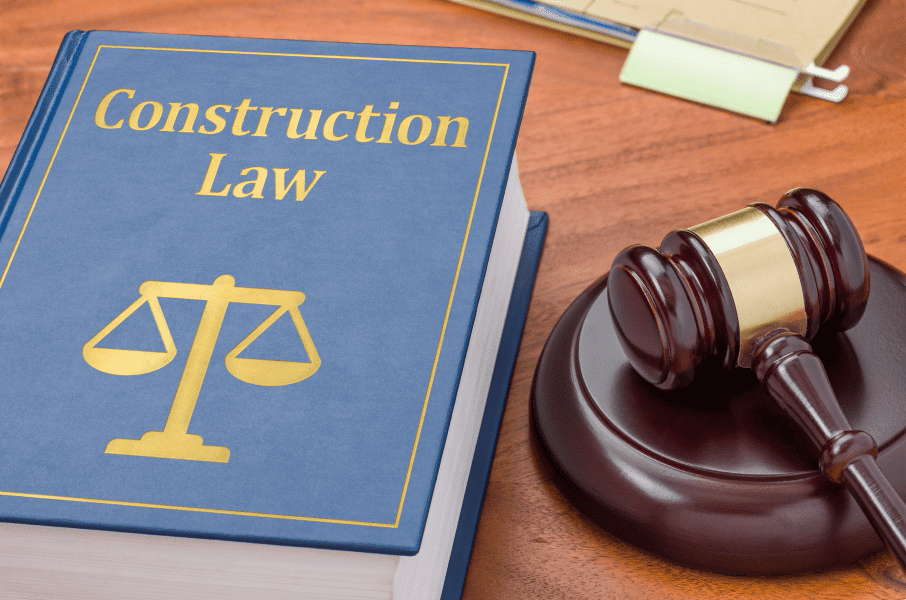Most people understand that contracts carry express terms and mutual obligations between the contracting parties enforceable by law. That said, the Connecticut courts have held that every construction contract has an implied covenant of good faith and fair dealing along with the expressed obligations.[1] An implied covenant of good faith and fair dealing requires every party in a contract to implement the agreement as intended, not using means to undercut the purpose of the transaction. The rule applies to the performance of a contract and not the negotiation of the agreement.
To prevail upon a claim for breach of the implied covenant of good faith, the plaintiff must prove that the defendant engaged in conduct designed to mislead or deceive or neglected or refused to fulfill some duty or contractual obligation not prompted by an honest mistake about one’s rights or duties.[2] Some examples of conduct held to breach this implied covenant are misrepresentation of license status, lack of diligence, willful rendering of poor performance, interference with or failure to cooperate in the other party’s performance and abandoning the construction project.[3]
At Yoars Law, we focus on being proactive legal advisors for our construction clients, guiding them through complex legal issues as they arise. We have experience litigating cases involving breaches of the implied covenant of good faith and fair dealing. We also provide transparent and predictable legal fees so our clients can consistently manage their budgets.
[1] See Miller v. Guimaraes, 78 Conn. App. 760, 773, 829 A.2d 422, 433 (2003); Elm Street Builders, Inc. v. Enterprise Park Condominium Assoc., Inc., 63 Conn. App. 657, 667, 778 A.2d 237, 243–244 (2001).
[2] Miller v. Guimaraes, 78 Conn. App. 760, 773, 829 A.2d 422, 433 (2003) (citing Hunte v. Amica Mutual Ins. Co., 68 Conn. App. 534, 544–545, 792 A.2d 132, 139–140 (2002)).
[3] See Elm Street Builders, Inc. v. Enterprise Park Condominium Assoc., Inc., 63 Conn. App. 657, 667, 778 A.2d 237, 243–244 (2001).
